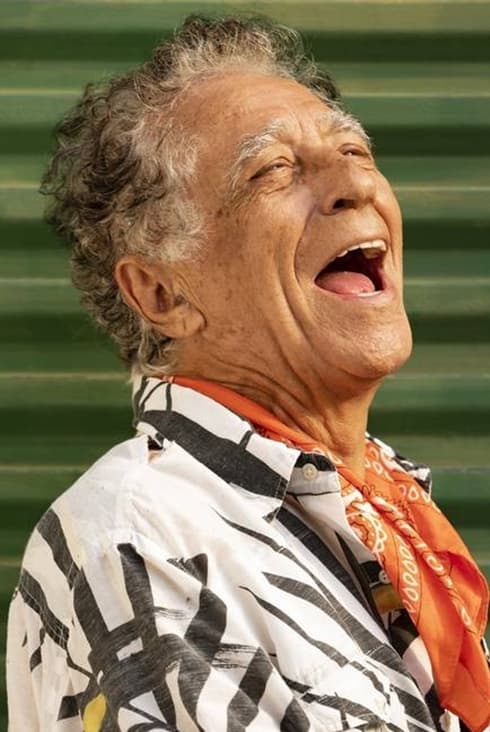
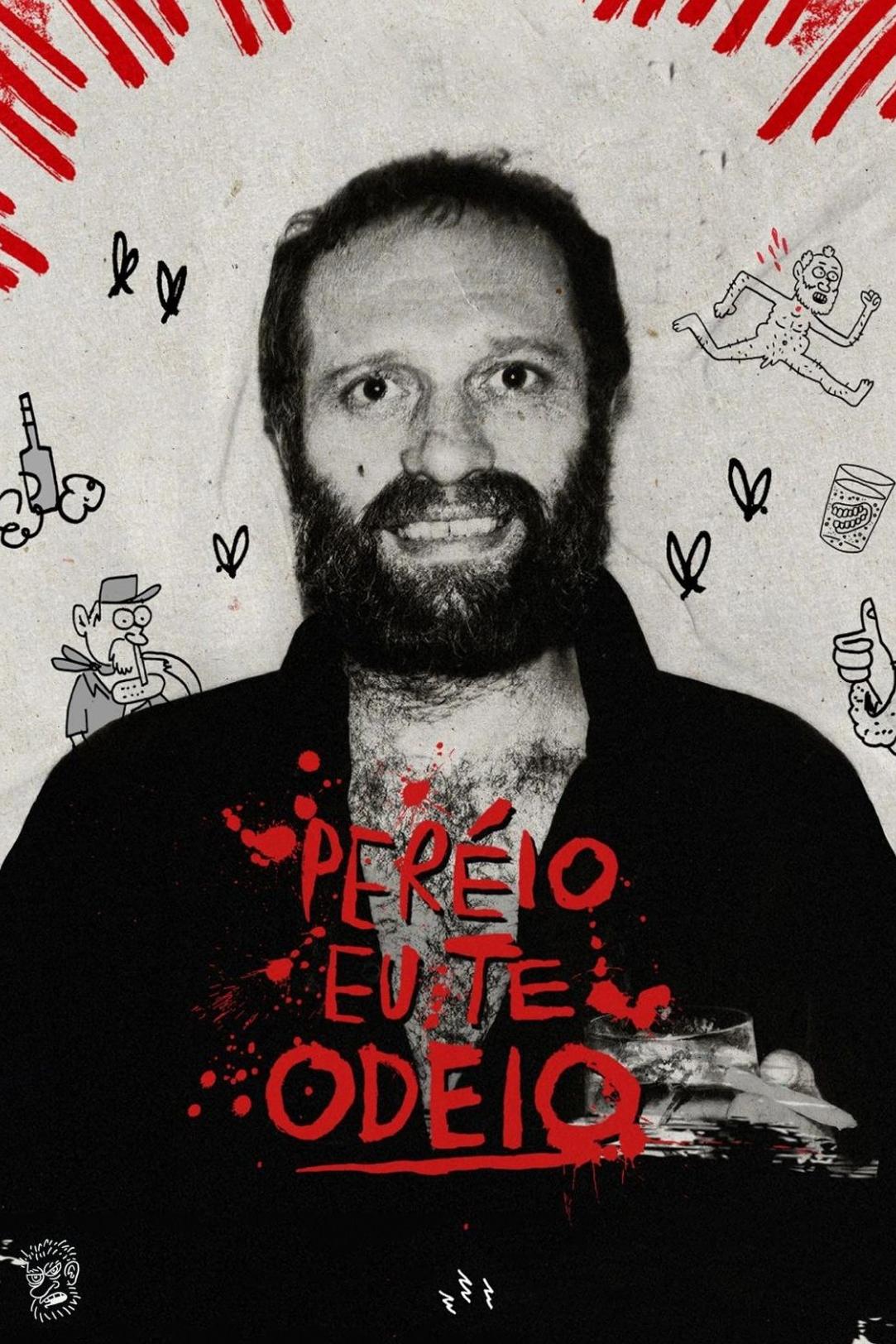
23 years in the making, “Pereio, Eu Te Odeio!” is a documentary on legendary Brazilian actor Paulo Cesar Pereio, an irreverent and controversial artist and public figure, as told by the testimonies of friends, family, and society members who hate him.
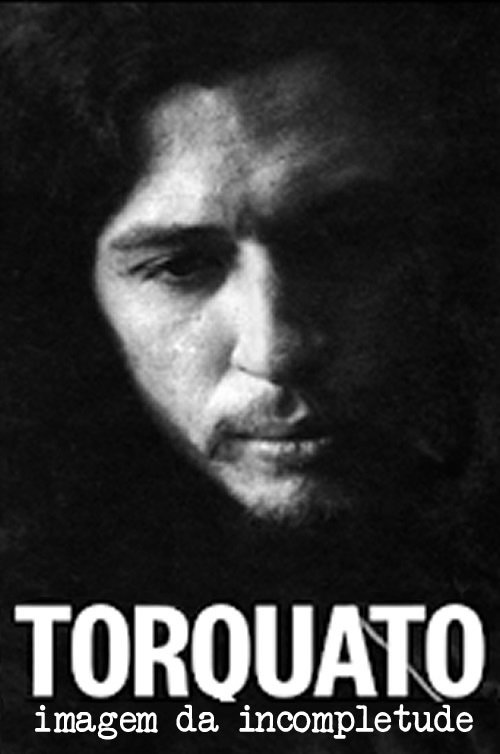
A reflection on the works and thinking of the last years of production by Torquato. Such as the magazine "Navilouca", the film "Terror da Vermelha", the column "Geleia Geral" and the controversial Cinema Novo X Marginal, among other passages important aspects of Brazilian culture in the 60s and 70s.
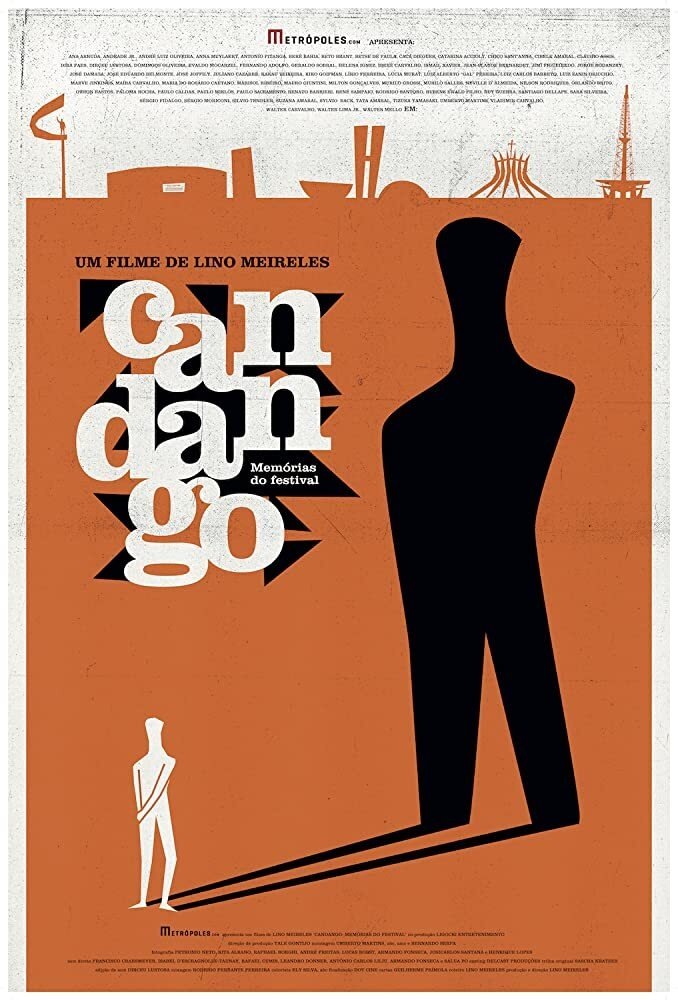
In 1965, a year after the military coup in Brazil, an oasis of freedom opened in the country's capital. The Brasília Film Festival: a landmark of cultural and political resistance. Its story is that of Brazilian cinema itself.

An egotistical stand-up comedian fights with a spectator and gets fired. To be able to pay his son's pension, he decides to participate in a comedy group contest. Now he will need to work harmoniously with the rest of the team.
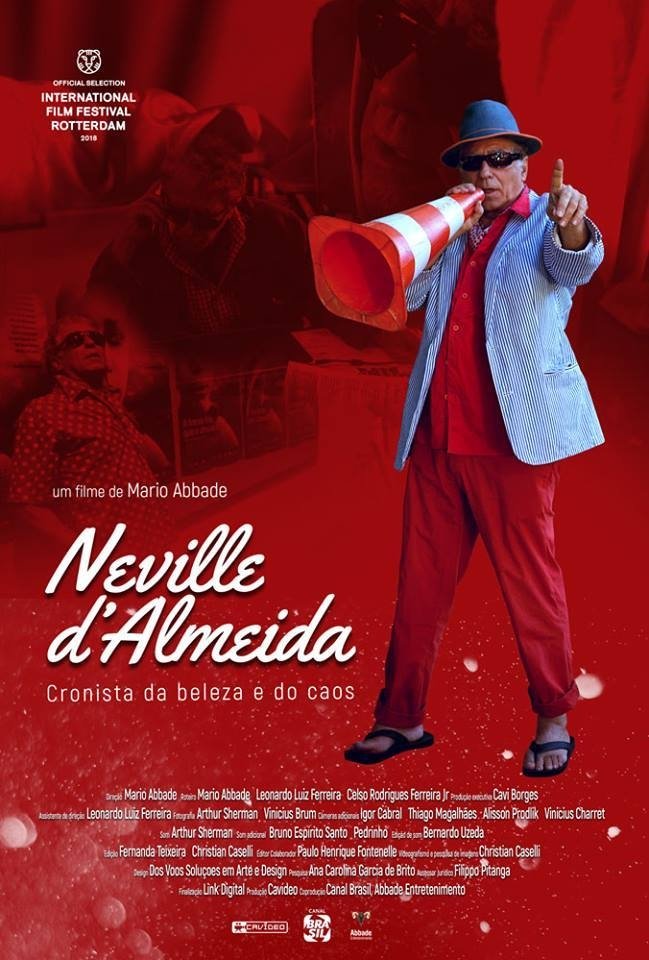
This film seeks to rescue the role of filmmaker Neville D'Almeida by using many rare images, numerous interviews, vast archival and audiovisual material.
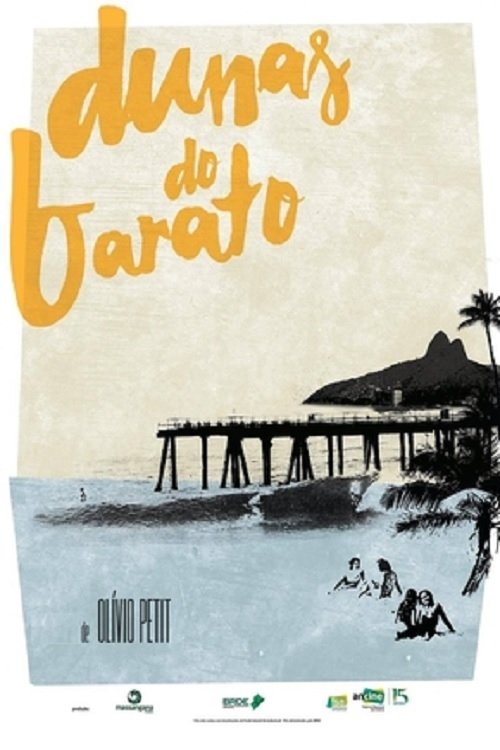
A rescue of the history of Ipanema beach in the 1970s, when the construction of a pier changed the landscape and created fertile soil for a generation of artists and sportsmen.
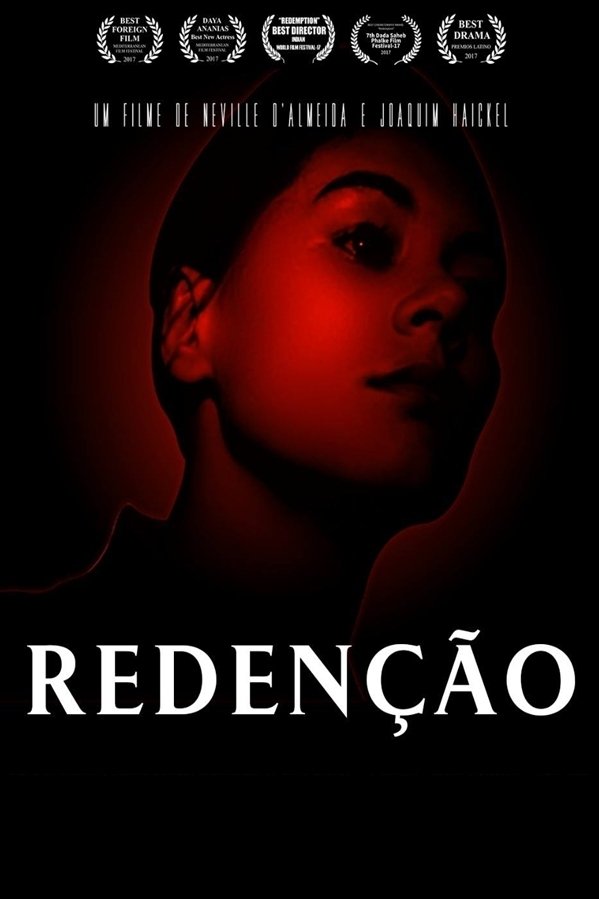
A young woman travels to solve a matter of life or death. As she seeks to do what she needs, the city exposes itself with its curious characters.
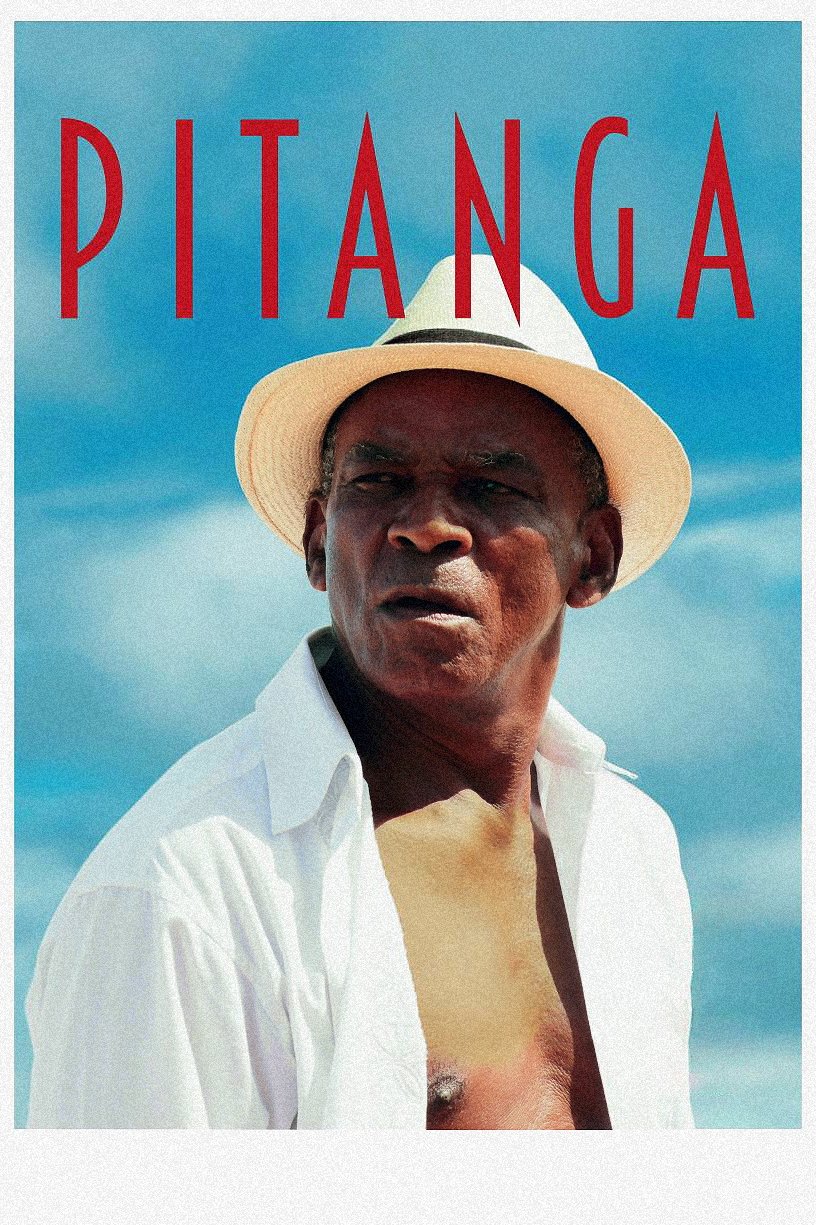
This documentary investigates the aesthetic, political and existential trajectory of emblematic Black Brazilian actor Antônio Pitanga. His career spans over five decades, and he has worked with iconic Brazilian filmmakers Glauber Rocha, Cacá Diegues and Walter Lima Jr. He was a prominent figurehead and outspoken activist during the Brazilian dictatorship, a period of unrest in Brazilian cinema. "Pitanga" deep dives into the world of Antônio and the history of Brazil. The documentary was directed by his daughter Camila Pitanga, one of widely recognised faces in Brazilian television and cinema right now. The film is also a poem, and a tender ode to fatherhood.
The theatrologist, actor, director and overall polemist Plínio Marcos gets his life traced through images of the many spectacles he has put on interviews from various moments in his life, from the most rebellious and marginal, when he lacked resources for his art, to when he was invited to go to Paris and talk about his work
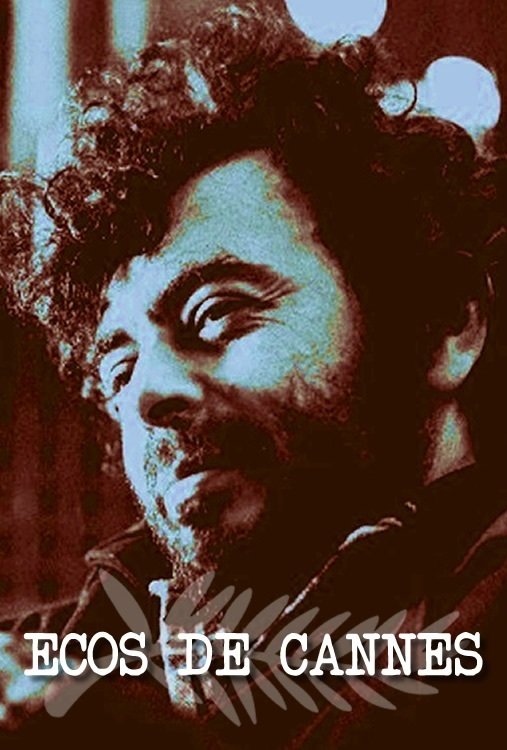
A Brazilian filmmaker, screenwriter, actor, photographer and multimedia artist, involved with contemporary art, installations, art objects and performances, Neville Duarte Almeida was born in 1941 in the Brazilian city of Belo Horizonte. Raised by a Methodist Christian family, he studied theater at the Scholastic Theatre of Minas Gerais and participated at the local Center of Film Studies, where he started to work as an filmmaker. Some of his transgressive, avant-garde films were censored or banned by the Brazilian military dictatorship, after which he went on to directing films aimed to a more commercial approach. His 1978 film "Lady on the Bus", starring Sônia Braga, was a box-office champíon and still holds its place as the the third highest-grossing Brazilian film of all time.
By browsing this website, you accept our cookies policy.